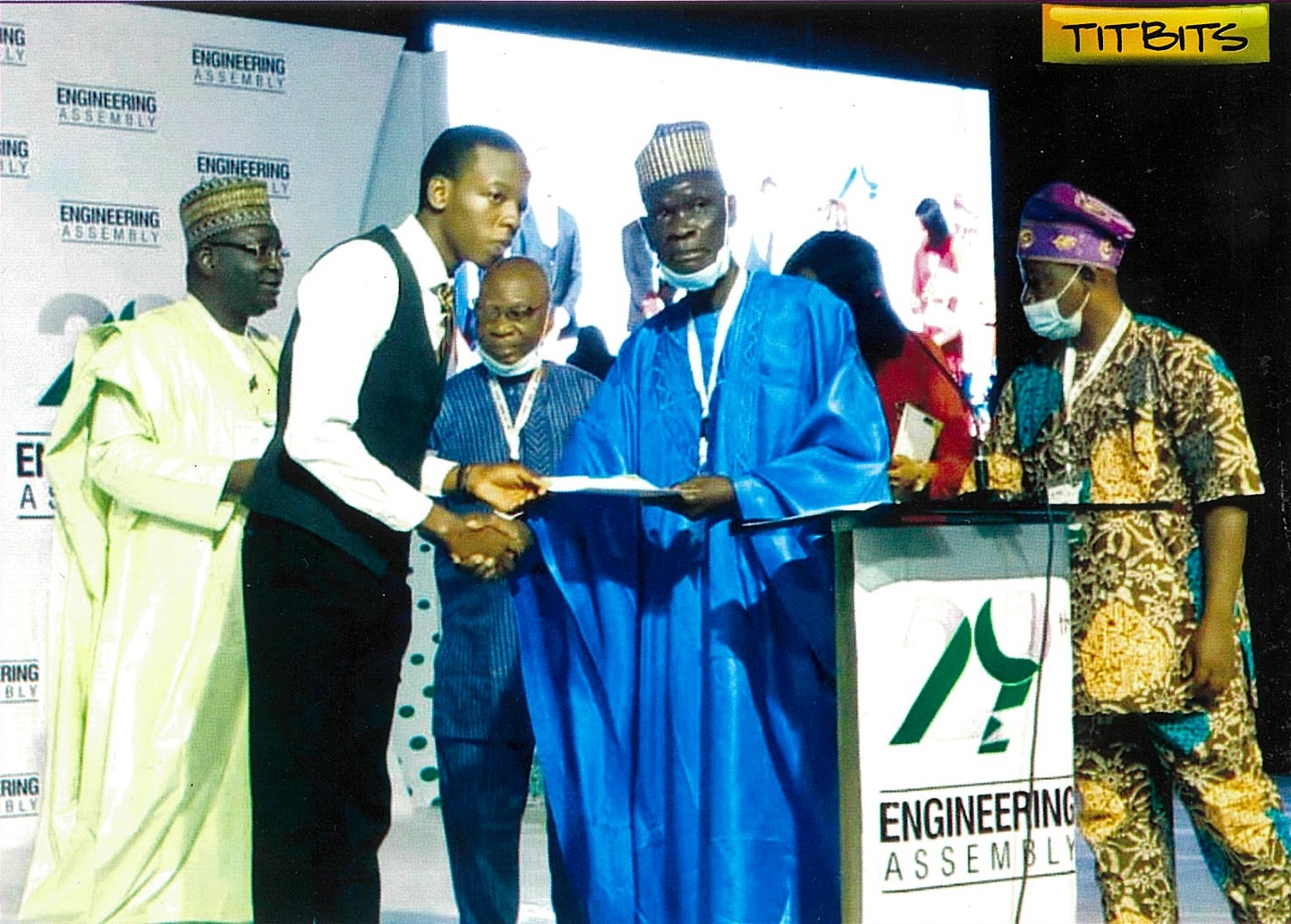The Guest Speaker at a recent Town and Gown Seminar of the Department of Physics, Covenant University, Mr. Olusoji Alegbemi, has stressed the importance of data science to businesses.
In his presentation titled “Physics in the World of Data Science”, he said that data science enabled businesses to process huge amounts of structured and unstructured big data to detect patterns. “This, in turn, allows companies to increase efficiencies, manage costs, identify new market opportunities, and boost their market advantage,” he stated.
Mr. Alegbemi, the Chief Executive Officer, ELMICLON Limited, Lagos, described data science as the practice of mining large data sets of raw data, both structured and unstructured, to identify patterns and extract actionable data insight from them.
He said data science was an interdisciplinary field, and its foundations included statistics, inference, computer science, predictive analytics, machine learning algorithm development, and big data.
While highlighting the life cycle of data science, the Guest Speaker said the first stage in the data science pipeline I workflow involved capture, which meant acquiring data, sometimes extracting it, and entering it into the system. “The next stage is maintenance, which includes data warehousing, data cleansing, data processing, data staging, and data architecture,” he noted.
He explained further that data processing followed and constituted one of the data science fundamentals. According to him, data exploration and processing distinguished data scientists I from data engineers. He said this stage involved data mining, classification and clustering, modelling, and summarizing insights gleaned from the data – the i processes that created effective data.
Mr. Alegbemi, who stated that the next thing to do was data analysis, explained that data scientists conducted exploratory and confirmatory work, regress, predictive analysis, qualitative analysis, and text mining. “This stage is why there is no such thing as cookie-cutter data science – when it’s done properly,” he said.
The Guest Speaker said that during the final stage, the data scientist communicated insights, which involved data visualization, data reporting, the use of various business intelligence tools, and assisting businesses, policymakers, and others in smarter decision making.











